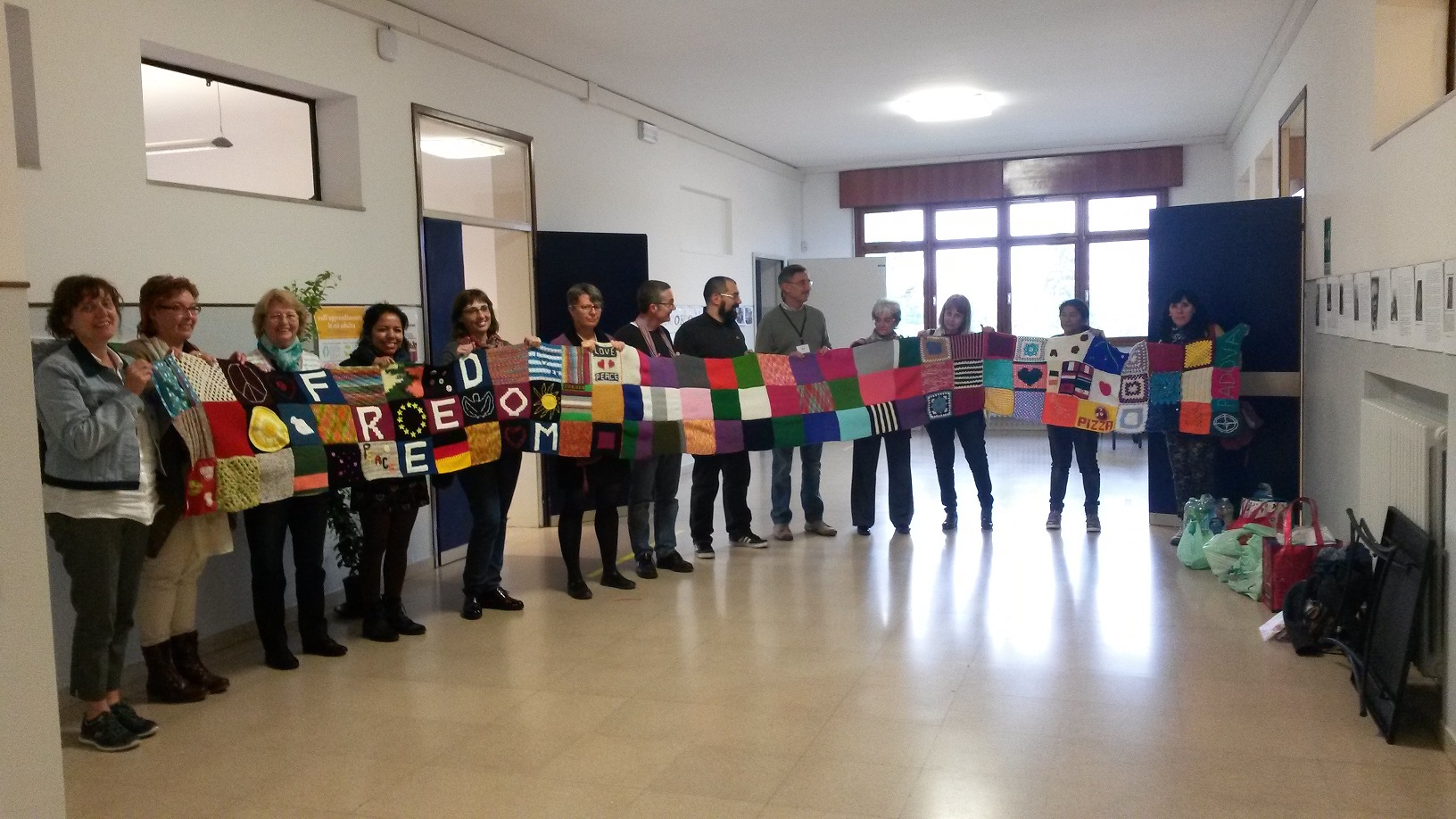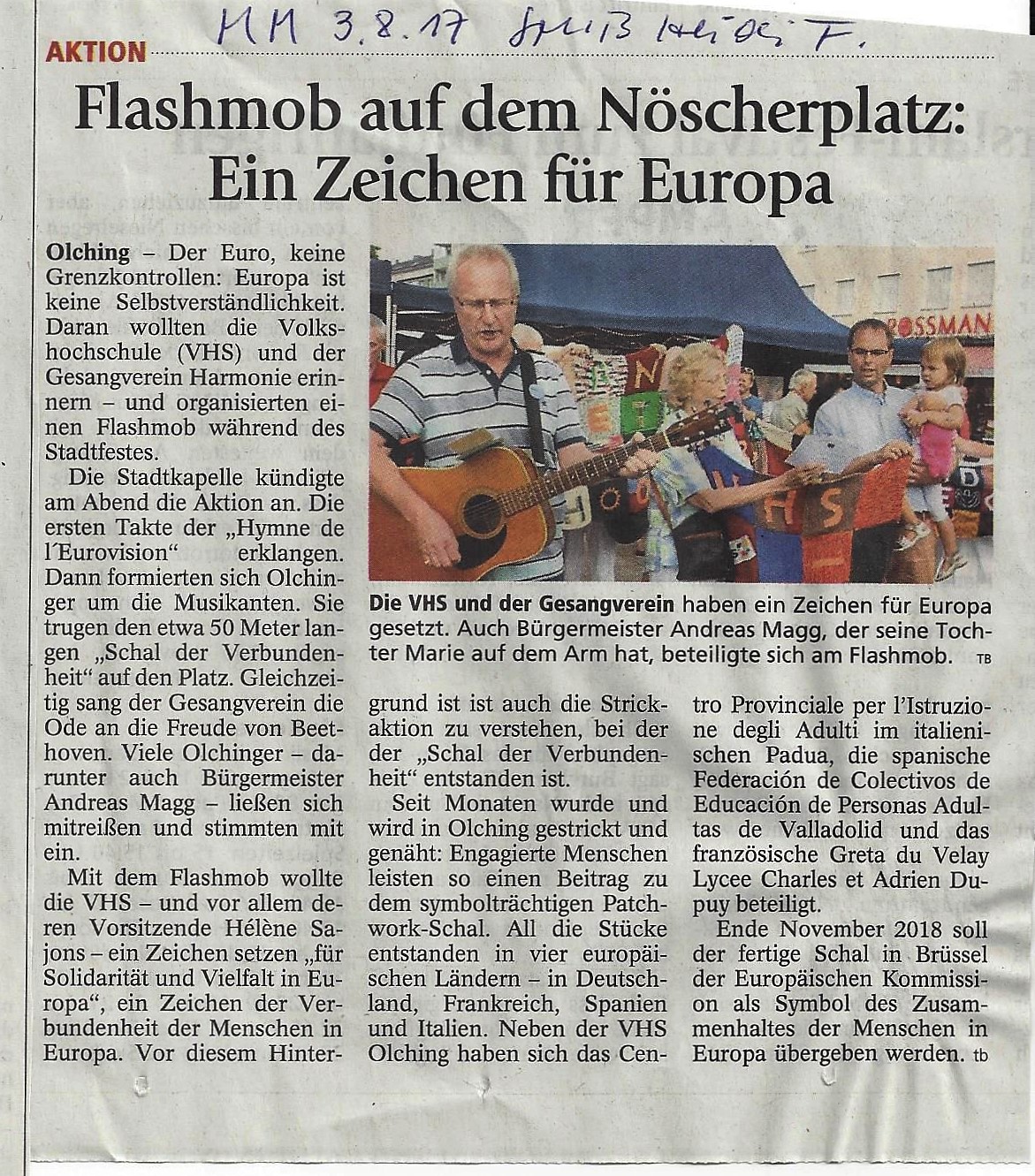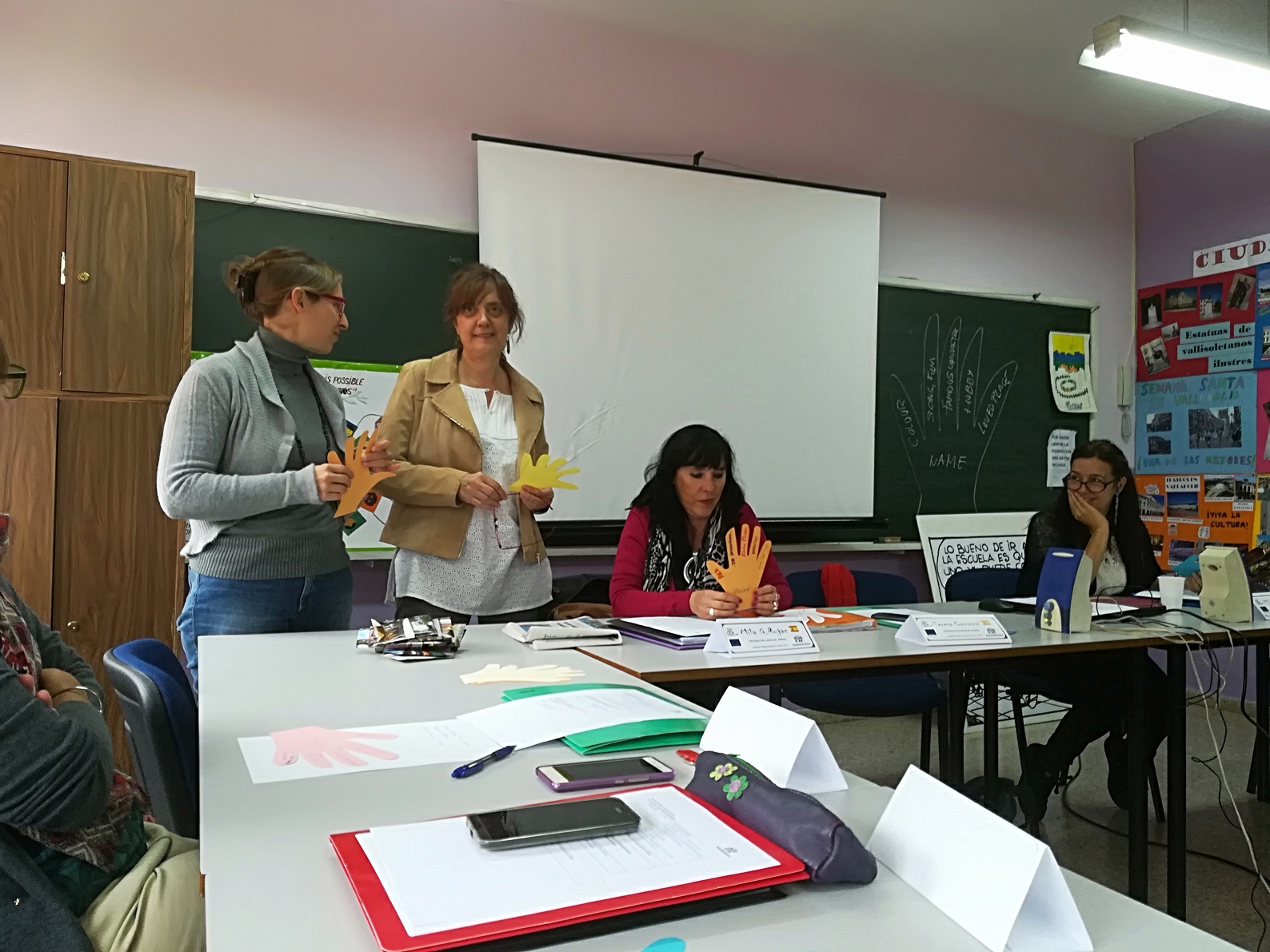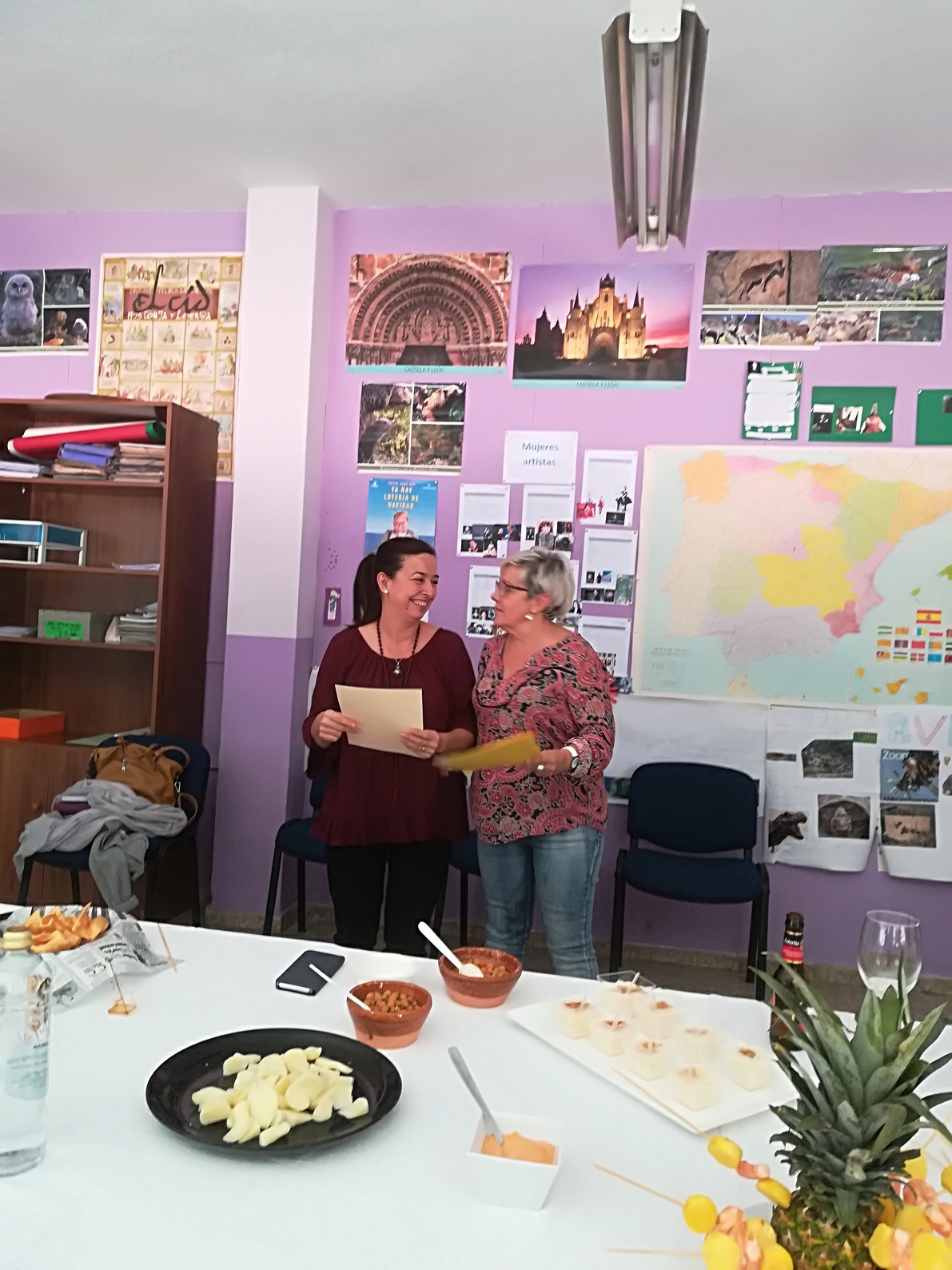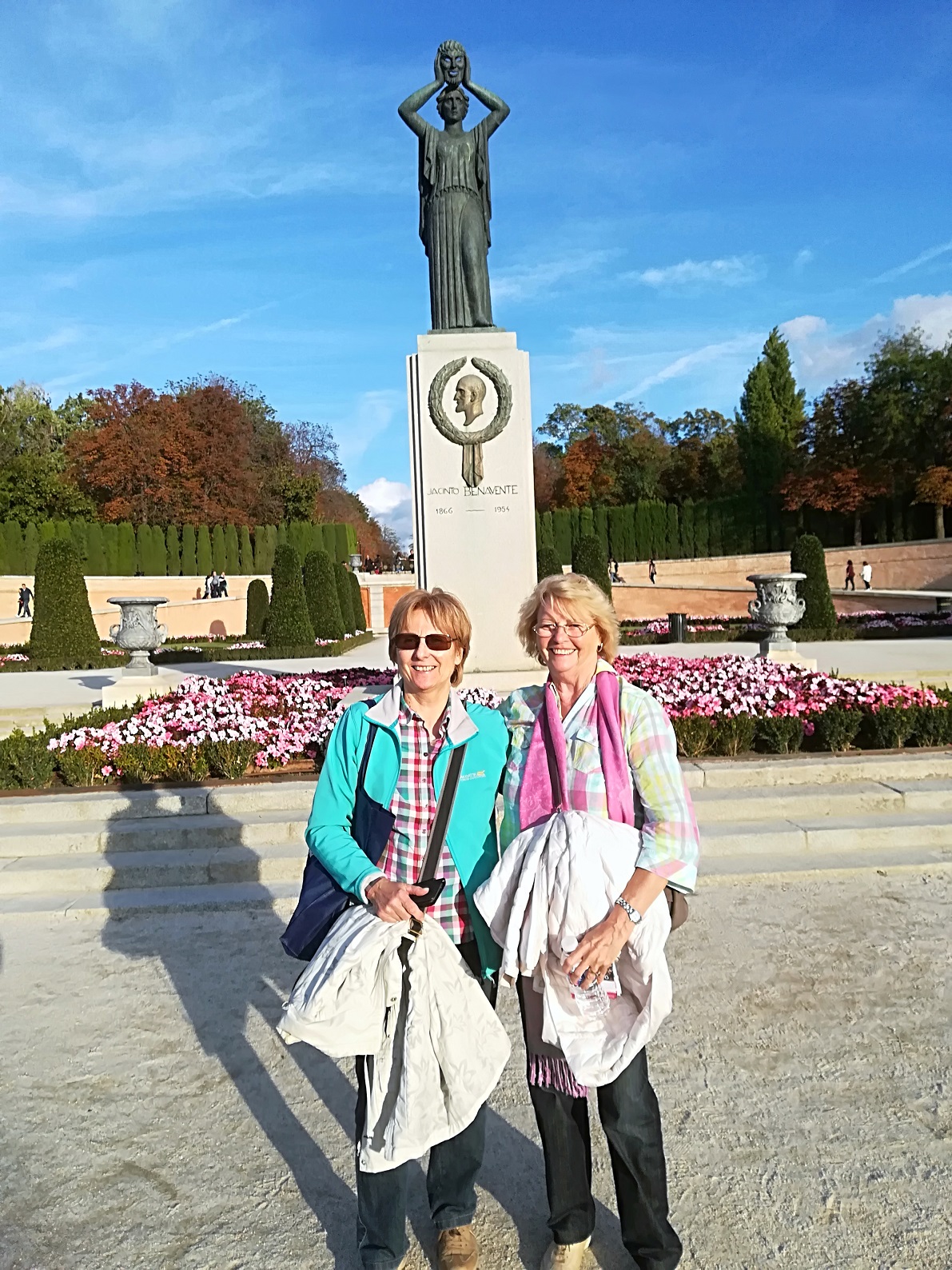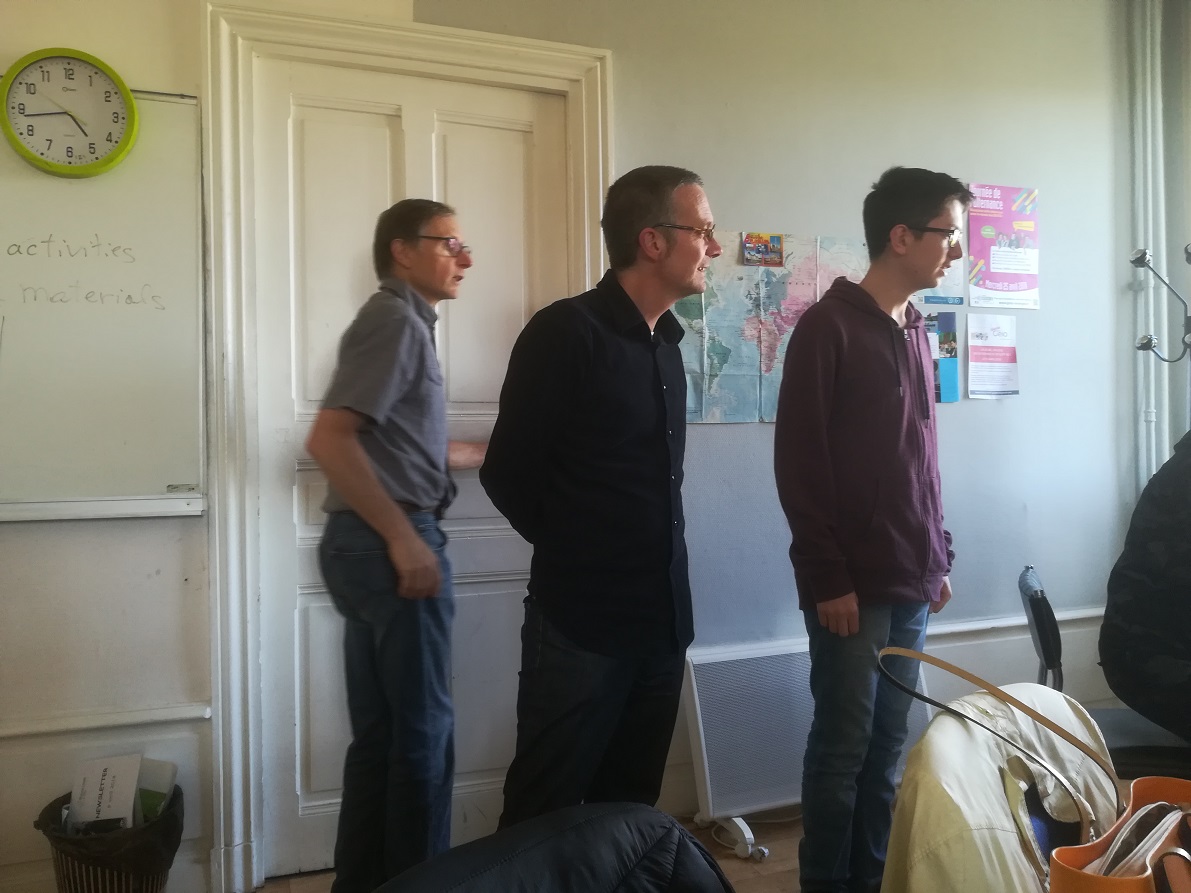Project
The challenge for all Europe to find easy and respectful ways of integration for the numerous refugees arriving from countries affected by wars is a Herculean task which can only succeed if European countries work together to find adequate solutions. As the partners of this Strategic Partnership “Boosting individual competences” (BIC) were all from countries with a welcoming attitude towards refugees and minorities, they all saw the chance and the necessity to share their experience in education for adult learners to better respond to the needs of the affected people.
Due to the fact that the four partners are experienced institutions in adult education, a main objective of this project was the exchange of good practices and expertise e.g. in integration, literacy and numeracy, language and general knowledge courses e.g. for migrants, refugees, disabled persons as well as socially disadvantaged persons.
As we did with great success for the LLL projects “Voices in Pictures” (VIP) (2013-2015) and “Visualisation” (2011-2013) we wanted to continue the development of activities but supported by further methodologies, especially Content and Language Integrated Learning (CLIL) and Learning with all Senses. We took the following into account in our approach of the partnership topics:
– Refugees and immigrants in Europe need to learn and rapidly improve the language of the welcoming country. A number of them also need to complete lower secondary education. In order to learn disciplines like geography, history and science they have to manage complex content taught in what is for them a 2nd language and with limited competence.
– CLIL potentialities in adult schooling offer new ways of teaching through resources specifically meant for adults with A2 and lower 2nd language competence and illiterate and who want to improve their education. CLIL methodology is an important support to boost individual competences.
This project also aimed at providing teachers employed in adult education the opportunity to develop their methodological competence in teaching a discipline through a second language. It also aimed at involving language teachers and teachers from different disciplines in moments of co-design to encourage a culture of networking.
The relevance of this project as respond to the inclusion policy of the European Commission was particularly high because of the continuous immigration that Europe is still experiencing. To support integration efforts done by the Commission and to highlight the relevance of the project BIC we did the following activities:
– Edited a paper called “Definition of Relevant Educational Steps to Facilitate Inclusion” (DRESFI) which was based on the exchange of experiences in teaching and presenting relevant educational steps to be done in order to meet the needs of the newcomers in European countries. The paper was disseminated through official letters to responsible persons in Adult Education and General Education in each country and to Aid Associations, on partners´ websites, on the project website and via networks. It was officially handed over to representatives of the European Union in Brussels on November 8, 2018 together with the “Scarf of Solidarity” (symbol for the solidarity in Europe)
– Sensitised teachers/tutors teaching other disciplines than languages for the importance of their role in the success of integration
An overall objective was to equip teachers and trainers with skills and competences:
– To create better learning opportunities
– To support cooperation between teachers of different disciplines
– To develop CLIL resources
– To develop resources including “Learning with all Senses” methodology
The following specific objectives were realised:
– To edit a paper (DRESFI) listing relevant educational steps towards integration and inclusion and to spread it
– To sensitise teachers/tutors teaching other disciplines than languages for the importance of their role in the success of integration and to involve them in the realisation of this project
– To reflect about the crucial needs of affected learners with their cooperation, to list them and consequently
– To develop a collection of resources and activities to be used in multicultural classes and in different disciplines including some online resources
– To present all documentation, resources and activities on a multilingual website as free downloadable material
– To evaluate the created resources
– To disseminate all relevant information and created resources
– To ensure implementation and dissemination of outputs and further project aims.
– To create a long “Scarf of Solidarity” with pieces of knitting / fabrics made by learners of all origins and brought together to create a very long scarf (18,8 m) as symbol for the solidarity in Europe.
The strategic partnership “Boosting Individual Competences” was very successful in all purposes and activities, the teamwork exemplary and the exchanges of good practices were very useful and rewarding for all partners.

